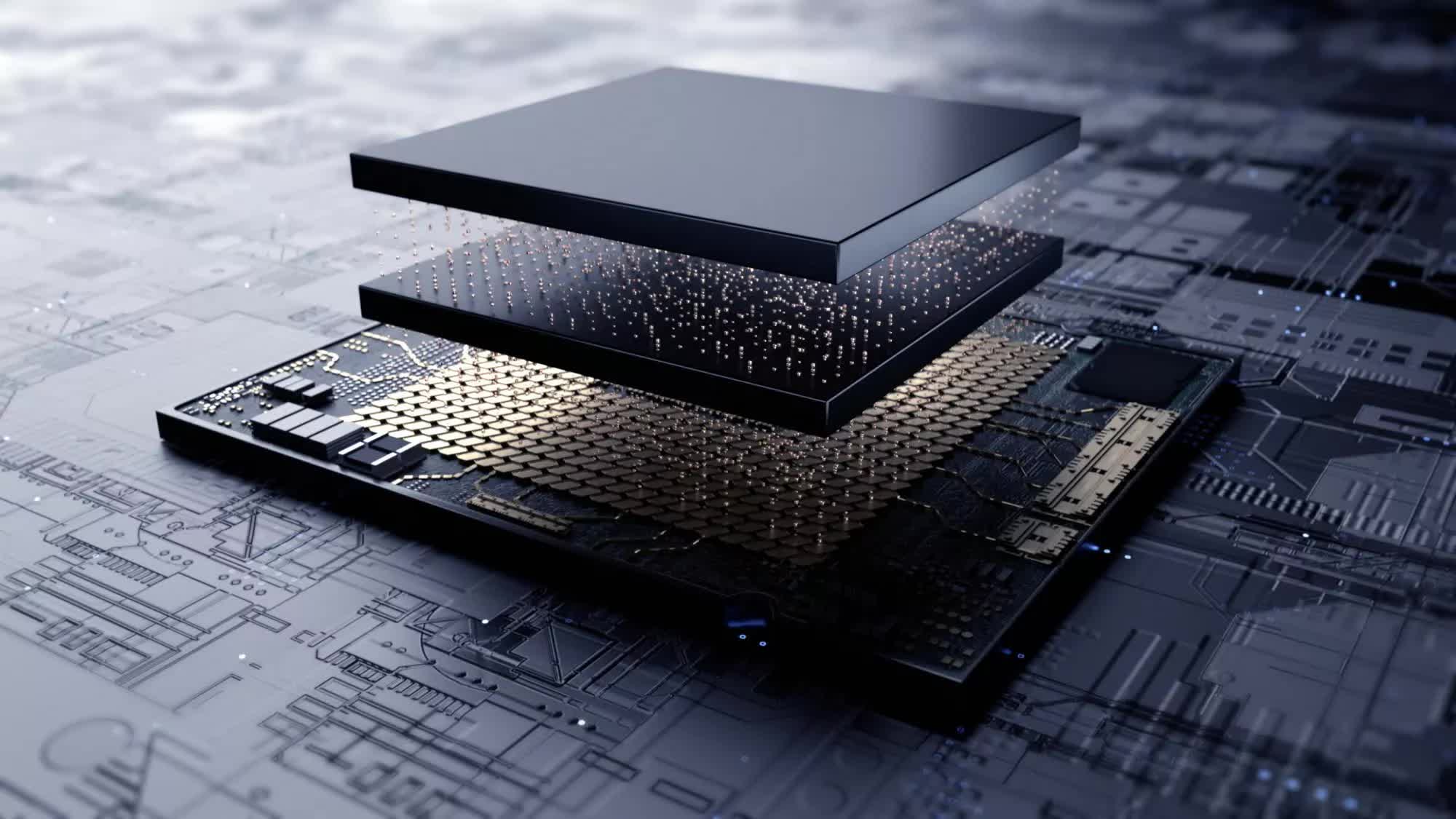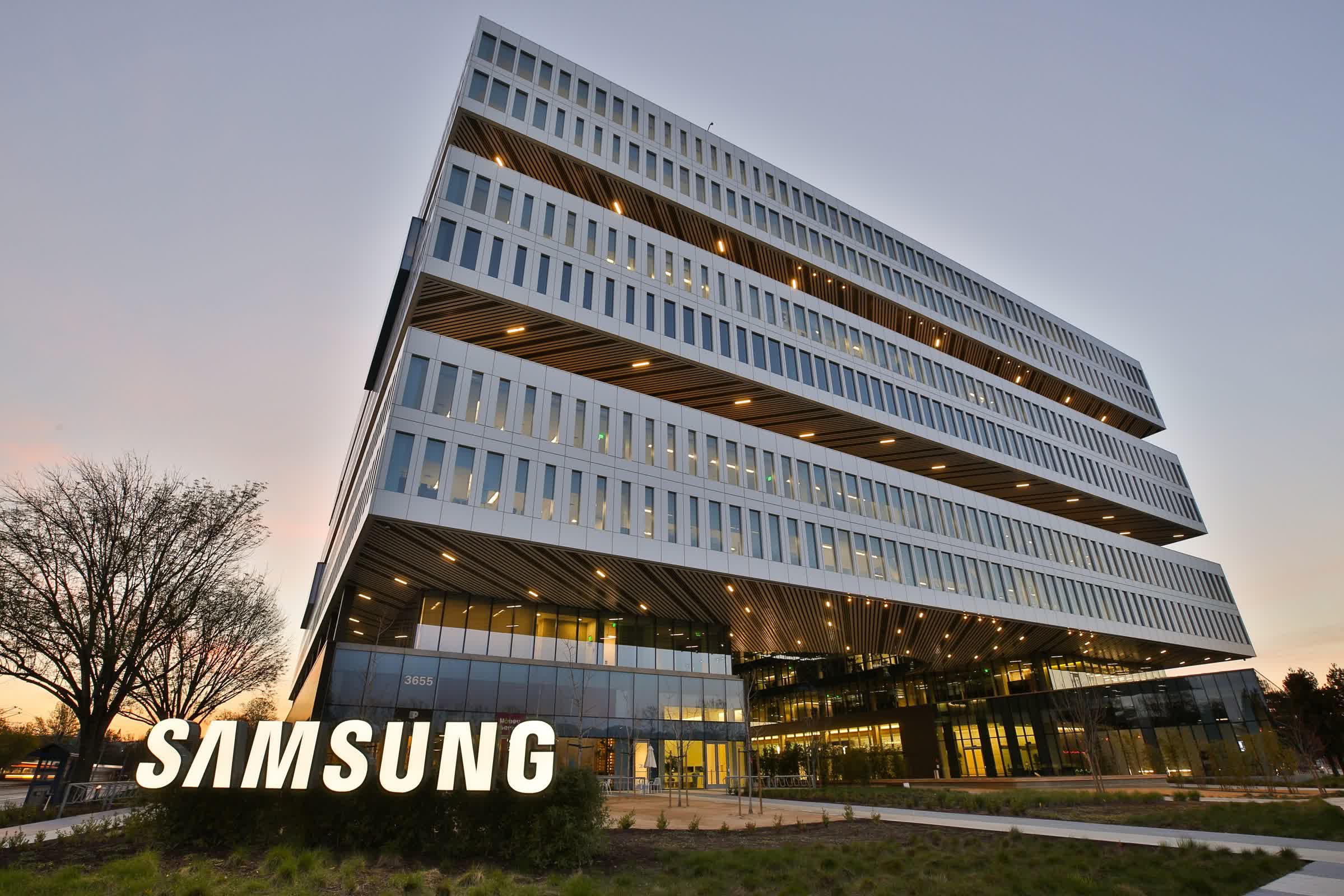What just happened? Samsung Electronics shocked investors with a forecasted 56 percent drop in second-quarter operating profit, projecting earnings of 4.6 trillion Korean won (approximately $3.3 billion) for the April – June period. This would mark the company's weakest performance in a year and a half and falls well short of market expectations.
The South Korean tech giant attributed its disappointing results to a combination of US export restrictions on advanced artificial intelligence chips bound for China and ongoing challenges in supplying key customer Nvidia with its latest high-bandwidth memory products.
"The non-memory business experienced a decline in earnings due to sales restrictions and related inventory value adjustments stemming from US export restrictions on advanced AI chips for China, as well as continued low utilization rates," the company said.
Samsung's device solutions division, which includes its semiconductor business, reported a quarter-on-quarter decline in profit. The company cited inventory value adjustments and the impact of US export restrictions on shipments to China as the main drivers.

While Samsung has recently begun shipping its new HBM3E chips to companies such as AMD and Broadcom, it has yet to secure Nvidia's approval, a critical step for regaining momentum in the fast-growing AI hardware market.
Meanwhile, rivals SK Hynix and Micron Technology are benefiting from robust demand for HBM chips. SK Hynix, Nvidia's primary supplier, is expecting record quarterly earnings, while Micron last month projected stronger-than-expected revenue on the back of booming HBM demand. Samsung's shares have risen just 20 percent this year, compared to nearly 60 percent for SK Hynix.
Analysts estimate that Samsung lost more than 4 trillion won in foundry operations during the first half of the year, as it struggled to attract major customers for its contract chip manufacturing business. The company's difficulties stem from poor production yields and a widening technology gap with industry leader TSMC.

"What counts most is its HBM supply to [Nvidia] and the overall chip demand recovery," analysts at DS Investment & Securities said in a recent report. "But [Samsung's] earnings will probably rebound in the third quarter after hitting the bottom in the second."
US tariffs are compounding Samsung's challenges. The company noted that duties on South Korean goods are hurting sales of TVs and home appliances, while a stronger Korean won – up seven percent against the US dollar this year – has eroded its price competitiveness.
"As macro uncertainties such as the change of a tariff policy continue to expand, demand volatility is expected to be quite high accordingly," Jaejune Kim, an executive vice president, said during an earnings call.
The competitive landscape is becoming even more crowded as Chinese companies like ChangXin Memory Technologies and Huawei ramp up HBM chip production, further threatening Samsung's market share. In the logic chip segment, Samsung has also fallen behind TSMC, another major supplier to Nvidia.
Trade tensions between the US and South Korea remain unresolved. On Monday, President Donald Trump announced that South Korean goods would face a 25 percent tariff starting August 1, matching a rate he had initially proposed in April. South Korean President Lee Jae Myung described the negotiations as "very difficult," telling reporters that "the two sides are not really clear on what they want."
Samsung is set to report its full second-quarter earnings on July 31. The company remains under pressure to close the gap with rivals and navigate an increasingly complex global trade environment.
